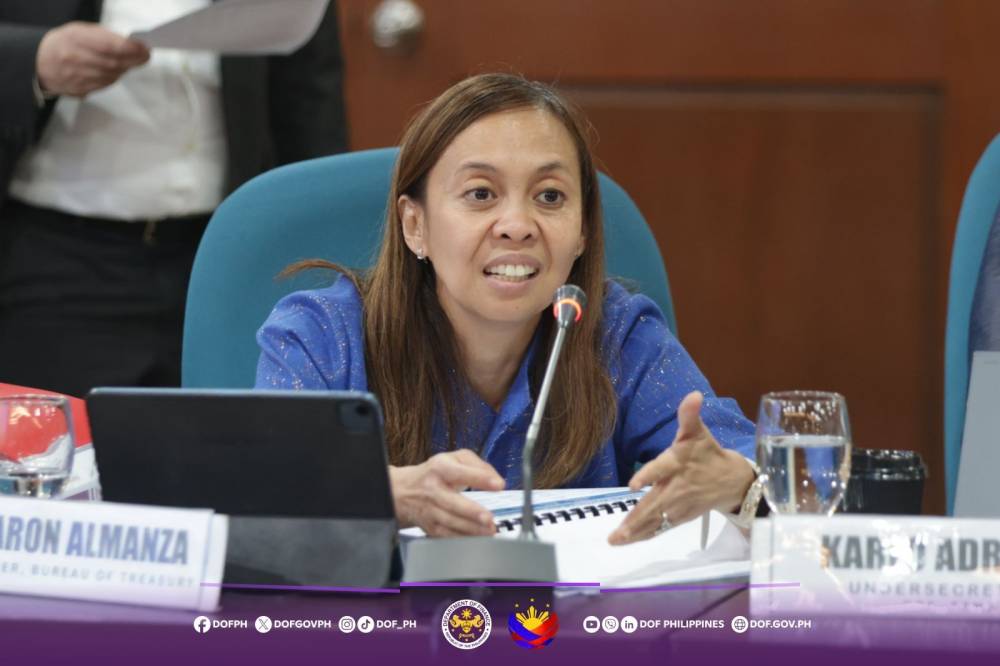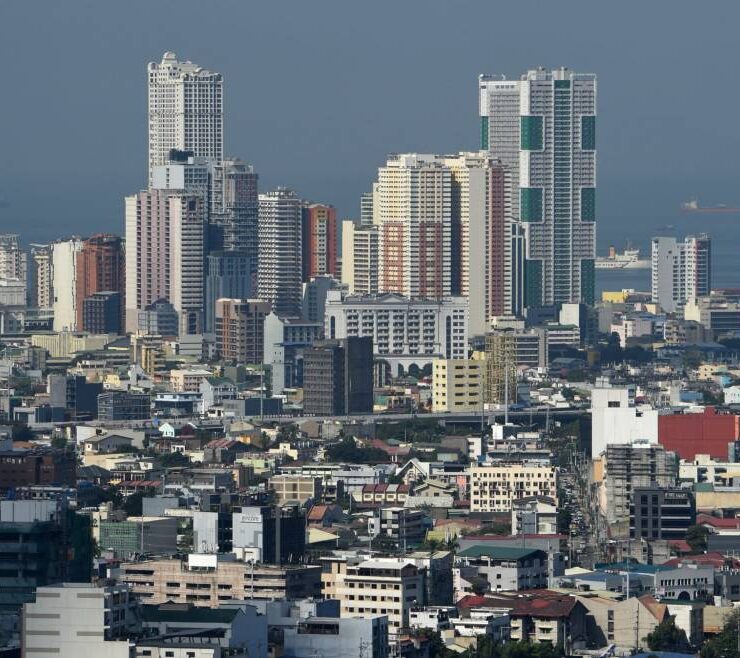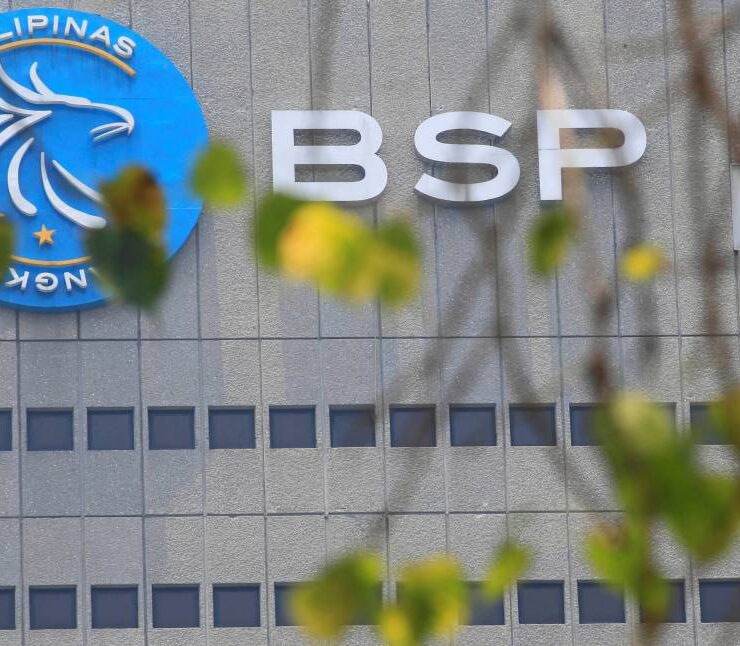PH seeks to lift foreign ownership of peso bonds to 10%

The Philippines is seeking to lift foreign ownership of peso-denominated government bonds to 10 percent, the Bureau of the Treasury said while playing down concerns that a widening flood control corruption scandal could deter overseas investors.
Speaking to reporters on Monday, National Treasurer Sharon Almanza described the 10 percent level as a sweet spot that would allow greater foreign participation without heightening volatility in both interest rates and the peso.
“So, we want to increase [foreign] participation,” Almanza said. “But since we haven’t really seen before that it’s too high, we want to manage the impact volatility in terms of rates domestically and peso.”
Foreign ownership of peso-denominated government debt climbed to 6.03 percent in August, up from 4.2 percent at the end of 2024, according to Treasury data. The bureau attributed the rise to efforts to engage international investors and advance market reforms aimed at improving liquidity and accessibility in the onshore bond market.
Japanese investment bank Nomura earlier said the Philippines could reach the 10 percent target as it moves closer to potential inclusion in J.P. Morgan’s benchmark bond index for emerging markets. On Sept. 12, J.P. Morgan placed peso-denominated government securities on a “positive watchlist,” the final step before possible entry into its Government Bond Index-Emerging Markets, or GBI-EM.
Almanza acknowledged, however, that there had been “sell-offs” in the market this month, which she attributed to outflows from “fast money” and hedge funds.
And those withdrawals were reflected in the peso’s depreciation, which slipped into the 58-per-dollar range. Market observers largely attributed the currency’s weakness to risk aversion amid heightened political uncertainty stemming from the ongoing probe into alleged corruption in flood-control projects.
Still, Almanza said the recent volatility was part of a broader regional trend.
“We’re talking to some of our custodians, and the sell-off, this trend is not isolated to the Philippines,” she added. “So, it’s actually thematic, meaning to say, even the regional counterparts are experiencing the same.”





















